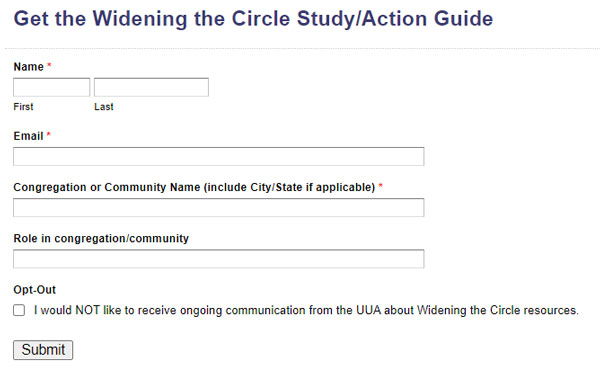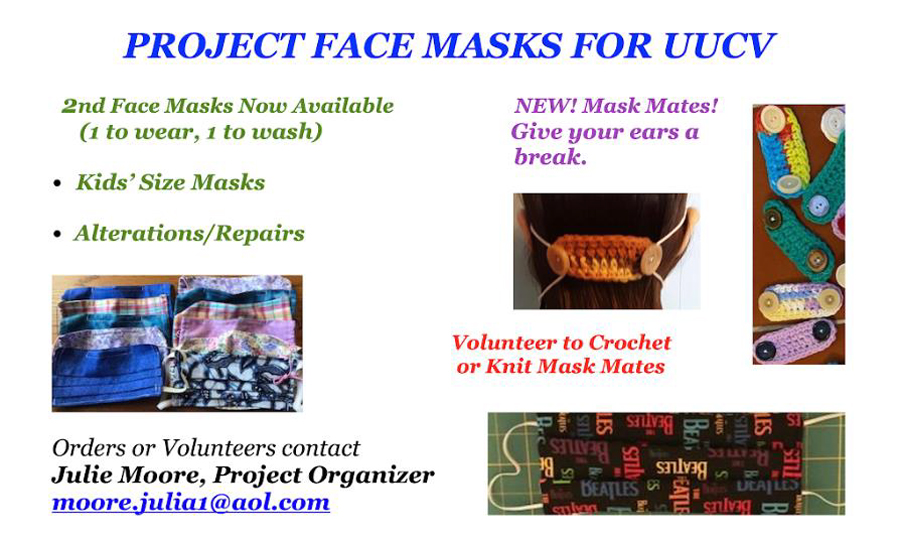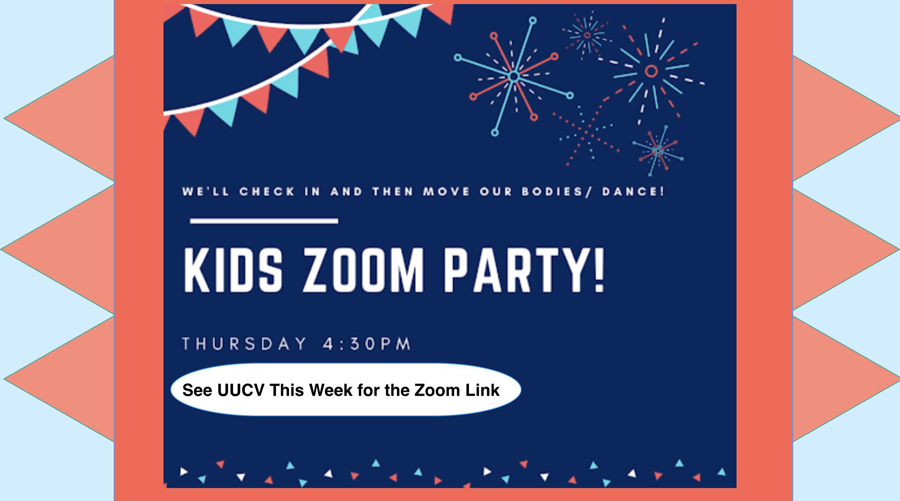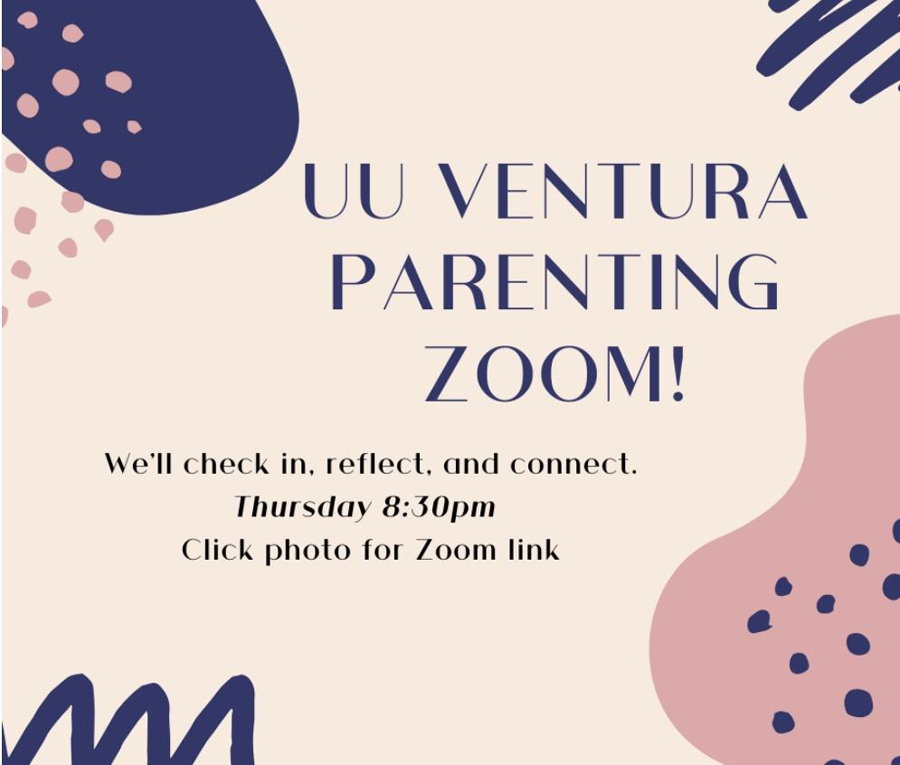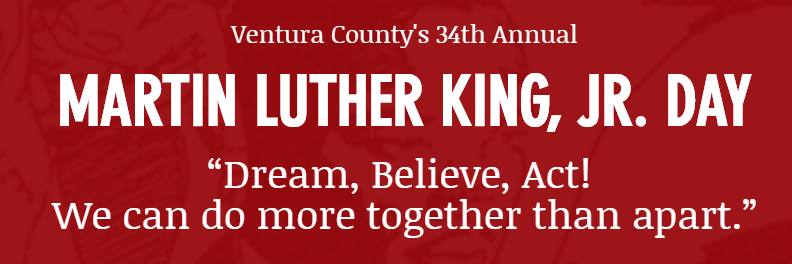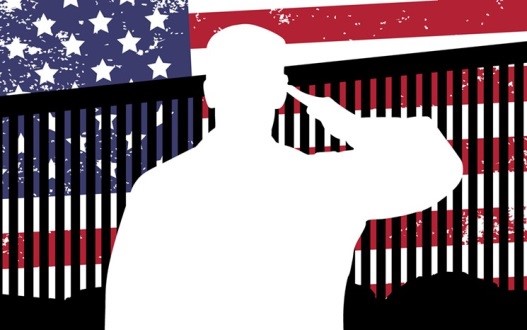Widening the Circle of Concern
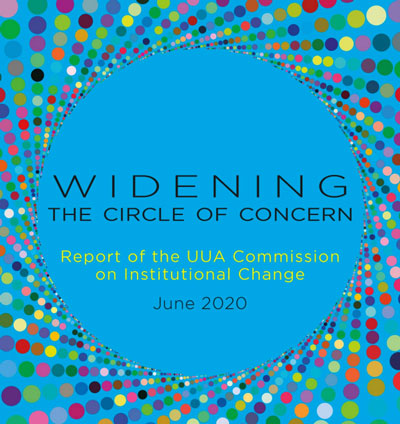
What is it?
In 2017, the UUA Board of Trustees established the Unitarian Universalist Association (UUA) Commission on Institutional Change (COIC) to conduct an audit of white privilege and the structure of power within Unitarian Universalism, and analyze structural racism and white supremacy culture within the UUA.
After three years of research, the Commission on Institutional Change wrapped up its work at General Assembly 2020 and issued Widening the Circle of Concern: Report of the UUA Commission on Institutional Change. The report contains recommendations for the systemic change at all levels of our Association, including congregations.
This sample from submitted testimony illustrates the tensions:
“We have begun engaging in a process of visioning for our congregation. And one of the first actions [was] we gave everyone an… opportunity to write or draw or something, some part of where they hoped our congregation would go. And then people were given little blue stickers, two little dots, so that they could attach the dots to the things that they liked…. So one of the things that I wrote in that process was that I would like the congregation to commit itself to antiracism. And a lot of people wrote that they wanted to see the congregation become more diverse, and there were a lot of blue dots next to becoming more diverse. There were no blue dots next to becoming antiracist. Or maybe I said ending white supremacy culture…. How are we going to become more diverse, assuming that diverse means racially diverse, unless we commit ourselves to acting against racism? So it seems to me there’s a disconnect there, and that might be a way of expressing that disconnect and therefore the struggle so that it’s easier for someone to say, “Yeah, I want to diversify as long as I don’t have to actually do anything to change myself, as long as the congregation doesn’t have to change.” And I suspect that’s kind of a struggle that a lot of people are going through.”
What now?
Help bring the CIOC’s hard work and findings into the life of our congregation and UU community…
We will be using the recommendations in Widening the Circle of Concern considerably. Reading it is a great way to help this community. You can read the report online by clicking here and download a copy by following this link, or you can order your own bound copy from the InSpirit Bookstore here.
The Commission on Institutional Change also released a Widening the Circle of Concern Study/Action Guide (click here to view/download the PDF file). The guide provides 11 session outlines for a group or taskforce to break down the various components and recommendations of the original report. Congregations can then add themselves to the Widening the Circle of Concern Study/Action Map (click here) to share how their community is engaging with the report.
I’ll share this portion to motivate you…
“The culture of many congregations is not keeping pace with the expectations of new generations for anti-oppression practices. We believe that for Unitarian Universalism to survive as a faith movement, we must have reform at the congregational level. This will be some of our hardest work. Those who have long been entrenched in our congregations believe that this kind of work is not useful, is simply a form of political correctness, or is not of value for them. Longtime congregational leaders may not see the patterns of white privilege, institutional racism, and other oppressions that can be present in our congregations—and they may not see the ways that a changing world is asking that Unitarian Universalism be accountable to all the diversity of people in our congregations and communities.
It is urgent that we recognize that those among the newer generations and marginalized identities represented in Unitarian Universalism have begun to lose hope that our congregations will ever choose to change. These communities and individuals are therefore less willing to continue to give of their time, energy, resources, and emotional labor in order to do the work of teaching and leading for internal justice at the congregational level.”
Food for thought…

